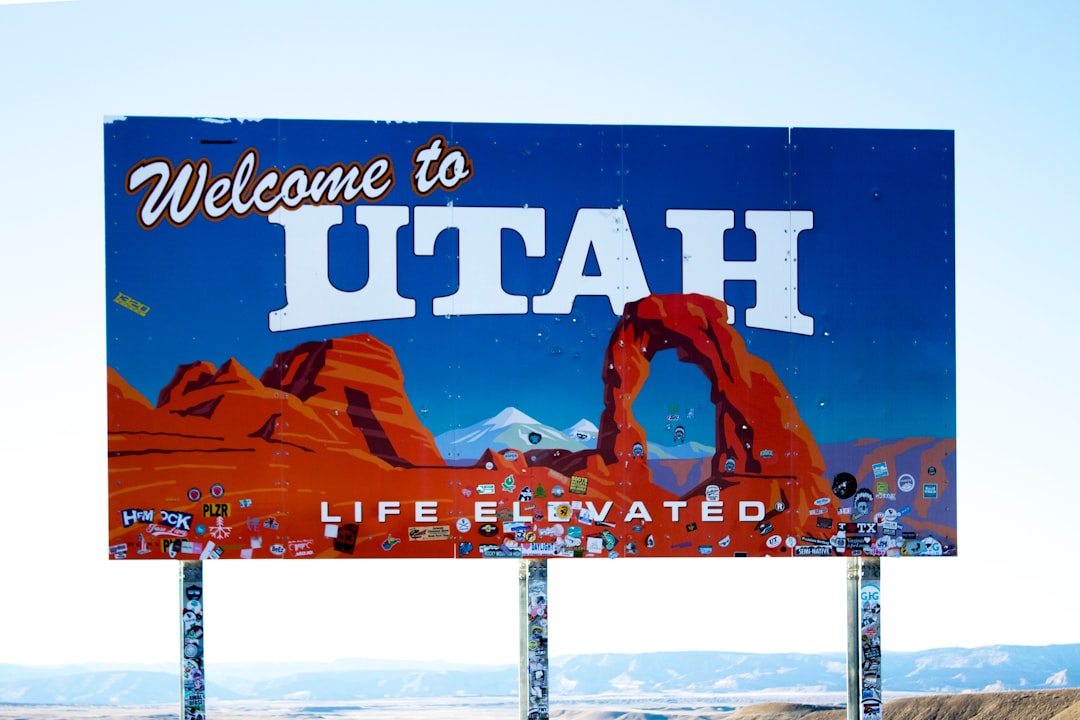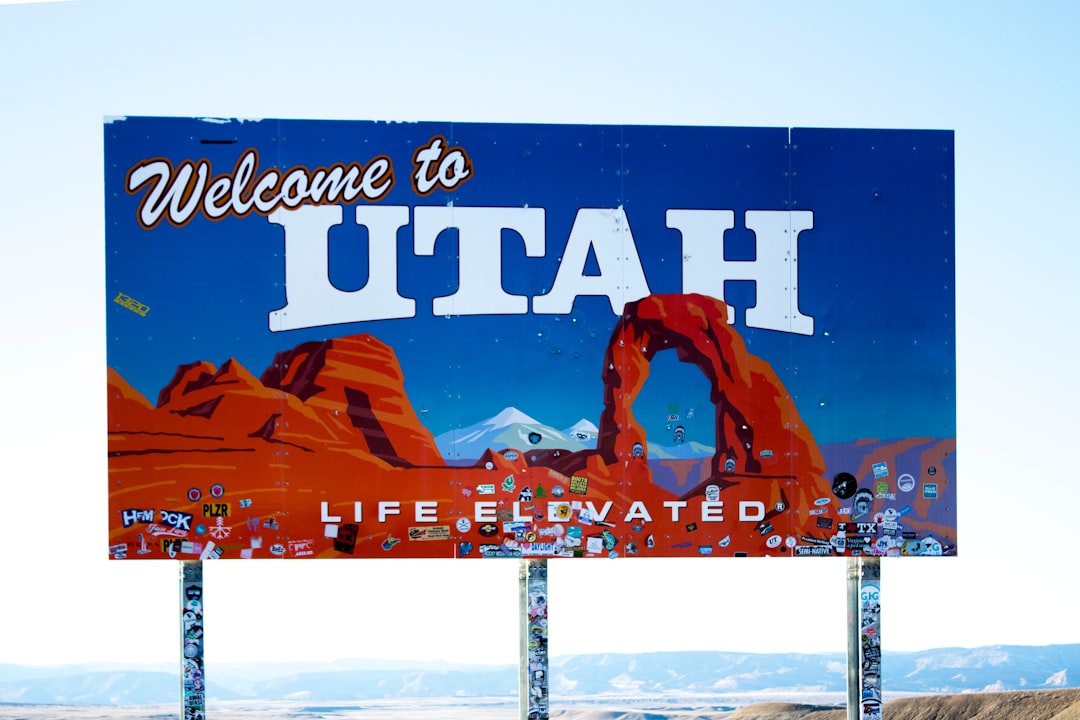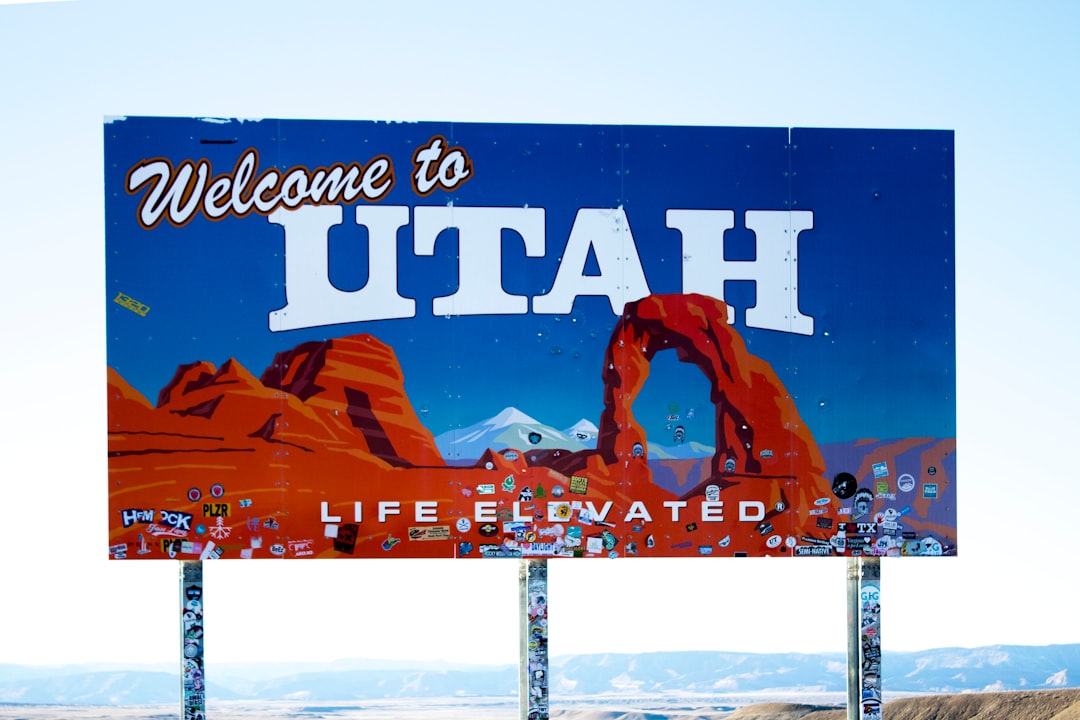Robocalls have become a prevalent issue in Utah, causing frustration among residents with unwanted automated calls, some of which are fraudulent or harassing. Despite do-not-call lists, these calls persist due to spoofing. In Utah, the Telephone Consumer Protection Act (TCPA) prohibits automated calls without consent, allowing affected individuals to sue for damages up to $500 per call. To take legal action, residents must document call details and evidence. Countermeasures include educating people on recognizing and reporting robocalls, using do-not-call lists, and utilizing resources from the Utah Attorney General's office. Understanding legal options empowers Utah residents to combat harassing robocalls.
In today’s digital era, Utah residents face a growing nuisance—robocalls. These automated telephone calls, often unsolicited and unwanted, have become a significant problem, causing frustration and concern among citizens. This article delves into the intricacies of robocalls, specifically in Utah, exploring their impact and the legal avenues available to combat them. We’ll discuss whether you can sue for robocalls in Utah and present effective strategies to mitigate this modern-day challenge.
What Are Robocalls and Why Are They a Problem in Utah?

Robocalls, or automated telephone calls, have become a significant nuisance for many Utah residents. These pre-recorded messages are often used for telemarketing, political campaigning, and debt collection, but they can be particularly problematic when unsolicited and unwanted. In Utah, as in many other states, robocalls have reached epidemic levels, leading to widespread frustration and confusion among consumers.
The issue arises from the fact that while some robocalls promote legitimate services or offer important information, many others are fraudulent or harassing in nature. Utah residents often find themselves on do-not-call lists, but these measures aren’t always effective due to the sheer volume of robocalls. The problem is exacerbated by the ease with which call systems can be spoofed, making it hard to trace and stop the perpetrators. For those who have suffered from harassing or fraudulent robocalls, the question often arises: Can I sue for robocalls in Utah? Understanding the legal options available is a crucial step for consumers seeking relief from this modern-day nuisance.
Legal Recourse: Can You Sue for Robocalls in Utah?

In Utah, as in many states across the US, robocalls have become a persistent nuisance, leading many residents to wonder if legal recourse is an option. The short answer is yes; you may be able to take action against unwanted robocalls. According to federal law, including the Telephone Consumer Protection Act (TCPA), businesses are prohibited from making automated or prerecorded calls to consumers without their prior consent. If you’ve been bothered by repeated robocalls, you have rights.
If you can demonstrate that a company violated these laws, you could be entitled to compensation. This may include monetary damages for each violation, up to $500 per call in some cases. However, pursuing legal action against robocallers can be complex and time-consuming, so it’s advisable to first document the calls, including the caller’s number, the timing of the calls, and any specific messages or marketing material mentioned. This evidence will be crucial if you decide to take your case to court or file a complaint with relevant authorities.
Effective Strategies to Stop Robocalls in Utah

Robocalls are a pervasive issue in Utah, but there are effective strategies to combat them. One key approach is to educate residents on how to recognize and report suspicious calls. The Utah Attorney General’s office provides resources and guidance on identifying robocalls and taking action, including filing complaints with the Federal Communications Commission (FCC). Encouraging individuals to document call details, such as the caller’s number and message content, can aid in tracking and prosecuting culprits.
Additionally, installing or updating do-not-call lists is vital. Consumers can register their phone numbers on state and national ‘do not call’ registries, which restrict telemarketing calls. While these measures help reduce robocalls, the possibility of legal action remains for those who suffer continuous harassment. Understanding the laws in Utah regarding robocalls, including the right to sue for damages under the Telephone Consumer Protection Act (TCPA), empowers residents to take proactive steps and seek justice if necessary.






